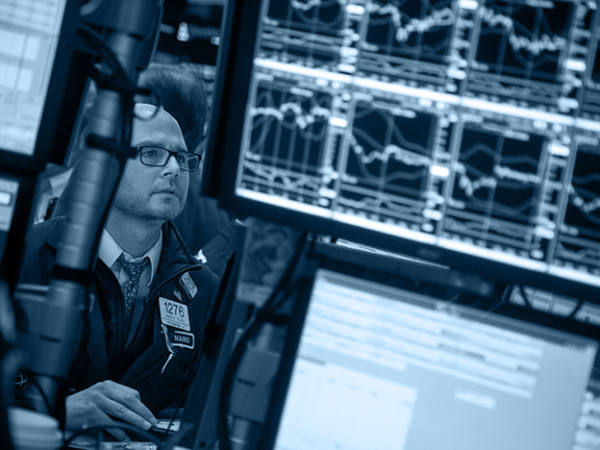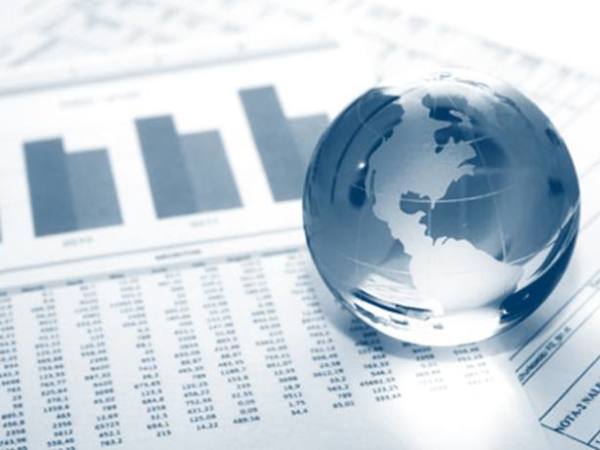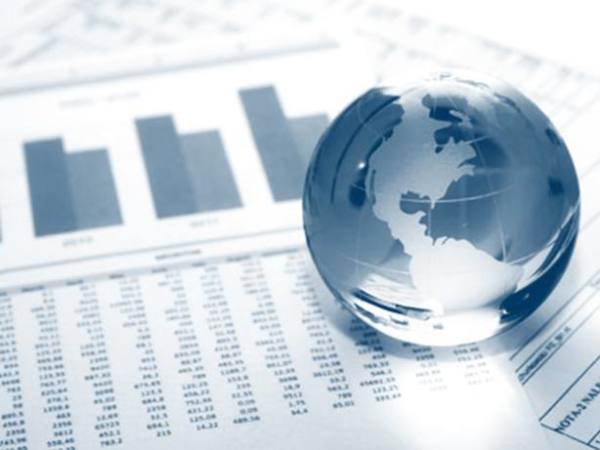Despite all the talk of impending doom that could be caused by the damage the Chinese coronavirus could do to the world economy, both the S&P 500 and Nasdaq have closed at new record highs this week. UK shares have also gone up.
This naturally raises questions of whether we are in some form of stock market bubble and that investors are too complacent. Both are possible.
There is no doubt in my view that certain parts of the US stock market are very overvalued. You only have to look at the number of loss making companies that have market capitalisations of several billions of dollars to come to this conclusion.
But I do not think US shares in general are desperately expensive. Bears point out that the cyclically adjusted PE (CAPE) on the US market, based on the last 10 years of inflation adjusted earnings, of 31.9 times is higher than it was before the Wall Street crash in 1929 - and has only been surpassed during the technology boom in 1999 when it was over 44 times.
Whilst we cannot predict the future with great accuracy, I remain wary of measures such as CAPE. It is backwards looking and is used by those that believe that valuations will eventually return to their long-term averages (known sometimes as mean reversion).
There is no guarantee stock market valuations will mean revert any time soon. To do so requires a sharp increase in interest rates and/or a sharp fall in company profits. The former is unlikely given the mindset of the Federal Reserve which is doing everything it can to stop interest rates going up by printing money.
What I have learned over the 23 years I have been involved with investing is that if you are going to be bearish then stock market investing is probably not for you. The excellent investment returns from shares have been made by patient, rational optimists who have carefully selected the businesses they invest in to get a decent return whilst controlling risk to some extent.
Download PDF







